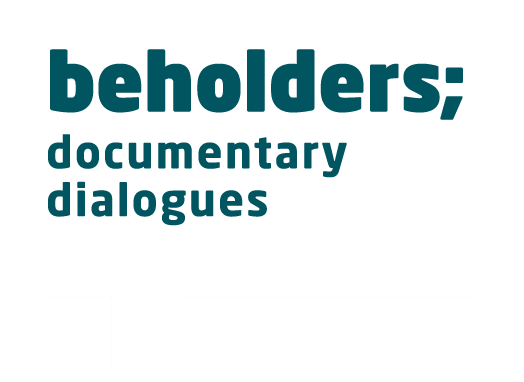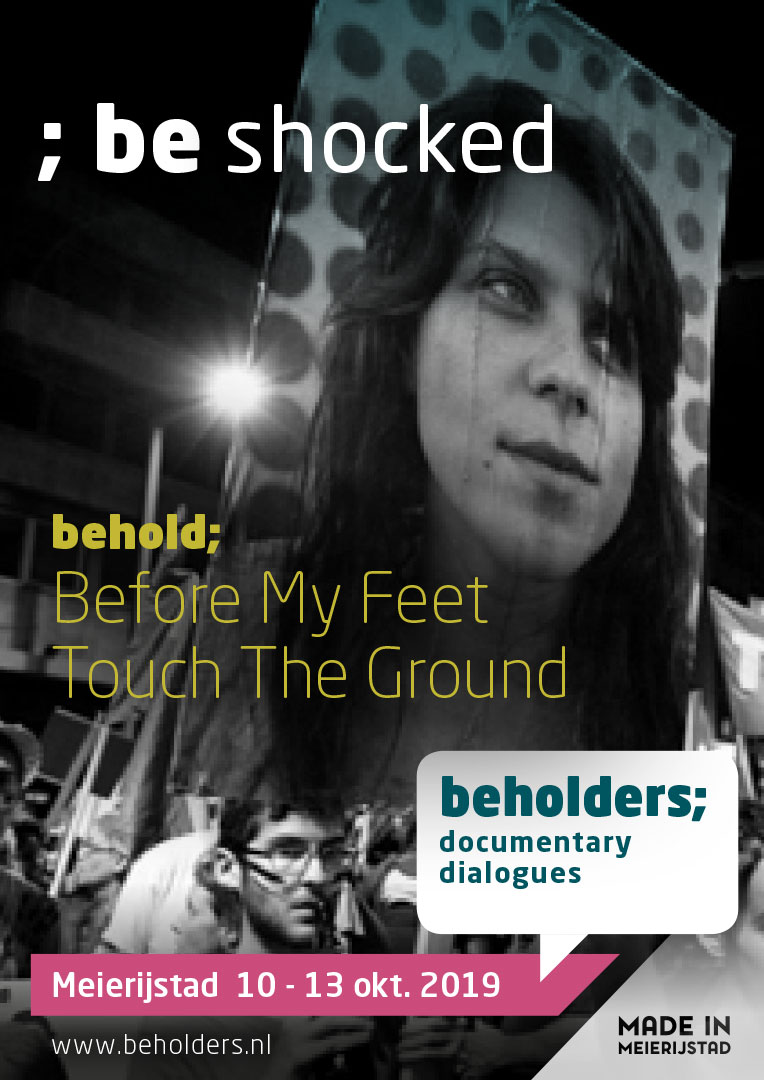director's statement 2019;
Dahpni Leef
Before My Feet Touch the Ground
When The Social Protest Movement in Israel started I thought I would never make another film. Pressure to go into politics was massive and the obligation to the values and goals of the movement became a part of my heart and soul. I was becoming part of the public domain, part of the mission.
It took me many years until I was able to deal with the material.
The more time passed, the more I felt a need to revisit the events that occurred to me and my country. A meeting with Yael Abecassis and Hillel Roseman in the production company’s office changed everything. I got out of this meeting knowing I must make a film. I wanted to tell my side of the story, to set things straight. During the summer of the protest, Yonatan Pihotke, who worked for Channel 10 News, started documenting me for TV. He got to me a few days before I pitched the first tent. Little did I know his intention was to show how I was going to fail. He got the most access, however, most of the footage was left out of the news.
We began the production by taking out over 80 hours of footage from the channel. You can see in the film a few of the conversations Yonatan and I had during the protest, scenes that reveal the tension between the object and the subject. In many ways taking over the material was reclaiming my identity as a subject. In the beginning, watching the footage was intolerable. Gradually, I understood I had to let go of my original goals of making the film. It took me many years until I was able to deal with the material, not run away from it, revising what I thought happened to what actually did. Understanding that in many ways that you see very little from inside the eye of the storm. The process of making the film was a process of healing, of acceptance and eventually confronting the difficult question of how to tell the story, or even more so, who is telling it?
Daphni Leef from the protest movement or Daphni the young woman who has her own narrative, a private emotional one? It became very clear to both Tal Shefi and myself, in the editing room, that the story begins from a breaking point. It was very difficult wanting to scream “I was not broken” and understanding that this is not entirely the case. Putting together the scenes from the protests became intertwined with footage I have shot on my phone in the years following, while trying to gain back my own point of view. It was a very challenging process personally and artistically.
Emotionally, because I had to keep asking myself how candid I was willing to be. Criticising myself during breaking points and confused moments might not be smart politically, however, there’s no other way to tell the story, Not if you want it to be authentic. The camera sees it all. This took time. I did my best. Artistically, it was a challenge because, like in real life, the narrative of the movement competes with the personal one. However, the connection between the two is so close you must deal all the time with letting them support and not weaken one another.
Also, this is a first person personal piece. It was a great challenge to build this point of view from a collage of various sorts of footage from the news, social networks and personal phone cameras, all shot from different perspectives. In the end, I must say I think this film was a great present to myself, for healing personally and for using this rare opportunity to tell my story.
Daphni Leef
Before My Feet Touch The Ground


